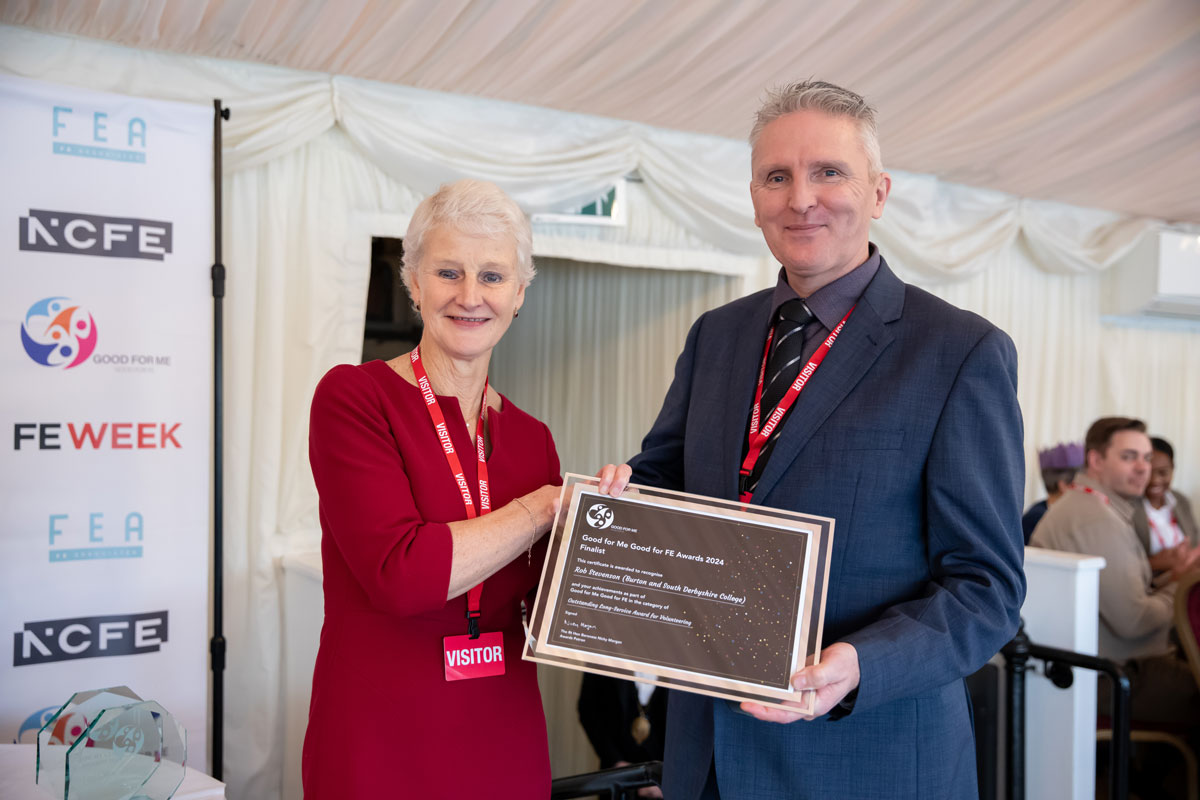Being Represented in What You Learn

How Twinkl Supports Young People to Feel Represented: An Interview with Laura Bay, Black Representation Within the Curriculum Product Owner at Twinkl.
Representation matters. It shapes our perceptions, influences our identities, and impacts our sense of belonging. In the realm of education, the need for diverse and inclusive representation is increasingly recognized as essential to supporting young people in feeling seen, and valued. Twinkl is actively working to ensure that Black, Mixed Black and Brown students have equitable representation within the curriculum.
Laura Bay, Black Representation Within the Curriculum Product Owner at Twinkl speaks about the importance of representation, the current discourse surrounding it, and Twinkl’s commitment to enable educators and students through their comprehensive curriculum resources.
Why is Black representation important, and how does it impact students?
Positive Black representation is crucial because it allows students to see themselves reflected positively in their learning materials and helps to develop a positive racial identity. When students constantly encounter negative narratives or lack representation in their education, it becomes challenging for them to view themselves and others in a positive light. For instance, imagine being a Black child who learns about the trans-Atlantic enslavement of African people in history class, only to then study an English book where the only Black character is presented as unintelligent and insulted with derogatory language. We have to ask ourselves what the impact of this is – where and when will this child receive positive reinforcement.
School curriculums often focus on the achievements of white men, neglecting the contributions and perspectives of diverse communities. This exclusion is evident in subjects like history and English, where Black individuals are rarely portrayed as heroes or positive figures. This lack of balance and representation is a significant concern for those advocating for change.
Diversifying the curriculum and incorporating perspectives from different cultures and backgrounds is essential for providing students with a comprehensive and accurate understanding of the world, fostering empathy and critical thinking skills. As such, I am committed to sharing my subject specialism of Black History and Anti-racism with educators.
What are educators and students asking for in terms of representation, and how is Twinkl supporting them?
Within the Black Representation team at Twinkl, we are dedicated to actively moving away from victimhood narratives and recognising the many amazing ways in which Black and Mixed Black and Brown people have contributed to our world. We understand the importance of offering a balanced and fair curriculum that includes multiple perspectives. Our resources are designed to make children feel positive about themselves and others.
Students are calling for change, and I’m inspired by their courage and determination. They are starting to question what they are taught and demanding more diversity in their learning materials. For example, when learning about enslavement, students are asking for examples of revolts and resistance. They are actively campaigning for more diverse books in their school libraries and advocating for diverse representation in school leadership as well as within their own student bodies/councils.
To ensure our resources meet the needs of students, we asked secondary school students who are currently learning only about enslavement and civil rights what they wished they had been taught in primary school. This feedback allows us to provide educators with the opportunity to deliver lessons about Black people without the need to point it out deliberately. We intentionally showcase the untold stories of brilliant Black, Mixed Black and Brown people to support all children in ending the effects of negative stereotypes and discrimination.
Schools have started to establish EDI (Equity, Diversity, and Inclusion) and anti-racism groups, where students work together with teachers and leaders to drive positive change. We understand that many educators face challenges in attending webinars or courses to improve their knowledge due to their demanding work/life balances. In order to further strengthen the work that we do, I attend webinars, read books, and search for information to provide educators with the support and resources they need to teach inclusively.
Could you tell us more about Twinkl’s Black Representation within the curriculum resources and how it supports educators?
Twinkl’s Black Representation Within the Curriculum offers a unique solution for educators seeking to teach about Black history and identity confidently. It leverages the expertise of our team of dedicated teachers, educators, and parents who are passionate about making a difference in children’s education. Our curriculum consists of six unit packs for each year level, from Year 1 to Year 6. Each pack contains six separate lessons that cover various topics related to Black history, identity, and cultural diversity.
Our resources are carefully researched, culturally sensitive, and age-appropriate. We aim to move away from overused Black role models and provide representation of lesser-known heroes. In addition to comprehensive resources, we hope to offer professional development videos and dedicated social media platforms to guide and support educators in delivering the curriculum confidently.
One of the notable units within our Black Representation curriculum is “Everyday Heroes,” which highlights inspiring stories of Black and Brown individuals from diverse backgrounds, including those with disabilities, from the LGBTQ+ community, and who are care experienced. By incorporating these stories into the curriculum, we aim to foster a more inclusive and representative learning environment for all students.
Together, we can make a positive impact on students’ lives and nurture a more inclusive society.











Responses